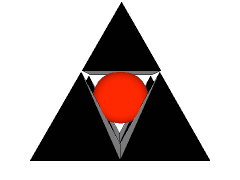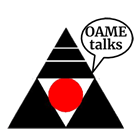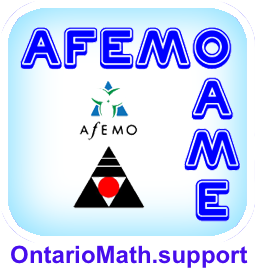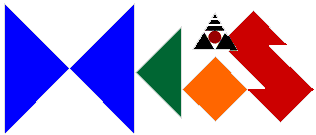President's Message - March 2006
Knowing and Learning Mathematics for Teaching
KATHY KUBOTA-ZARIVNIJ
kkz@oame.on.ca
During my final president's message, I'd like to spend a few moments with you thinking through Dr. Ball's idea of knowing mathematics for teaching and discussing a few ways that you and your colleagues could explore the practices of learning mathematics for teaching.
Knowing Mathematics for Teaching K to 12
What do you think a teacher needs to know and be able to do, specifically, to teach mathematics?Ball (2000) explained that there is a distinction between knowing how to do math and knowing math in ways that are usable in the practice of teaching. She identified two central aspects for the work of teaching. "First is the capacity to deconstruct one's own knowledge into a less polished and final form where critical components are accessible and visible. This feature of teaching means that paradoxically, expert personal knowledge of subject matter is often, ironically inadequate for teaching. Because teachers must be able to work with content for students in its growing, unfinished state, they must be able to do something perverse: work backward from mature and compressed understanding of the content to unpack its constituent elements" (p. 245).
The second aspect is to be able to use that knowledge for teaching. This specialized mathematics knowledge; that is, mathematics knowledge for teaching, often referred to as "pedagogical content knowledge" (Schulman, 1986, 1987; Wilson, Shulman, & Richert, 1987) is a combination of knowledge that links mathematics content and pedagogy. "Included here is knowledge of what is typically difficult for students, of representations that are most useful for teaching a specific idea or procedure, and ways to develop a particular idea … This kind of knowledge is not something a mathematician would necessarily have, but neither would it be familiar to a high school social studies teacher. It is quite clearly mathematical, yet formulated around the need to make ideas accessible to others. Pedagogical content knowledge highlights the interplay of mathematics and pedagogy in teaching. Rooted in content knowledge, it comprises more than understanding the content oneself" (pp. 245-256).
Therefore, let's think about new ways for teachers to develop knowledge of mathematics for teaching. Let's focus our thinking on what teachers need to know, how they have to know it, and ways that teachers can learn to use these ideas and strategies through classroom-based inquiries.
Click here to view entire message in PDF format.
Previous Message:
Knowing Mathematics for Teaching Mathematics
Next Message:
Welcome !


















 Like us on FaceBook
Like us on FaceBook